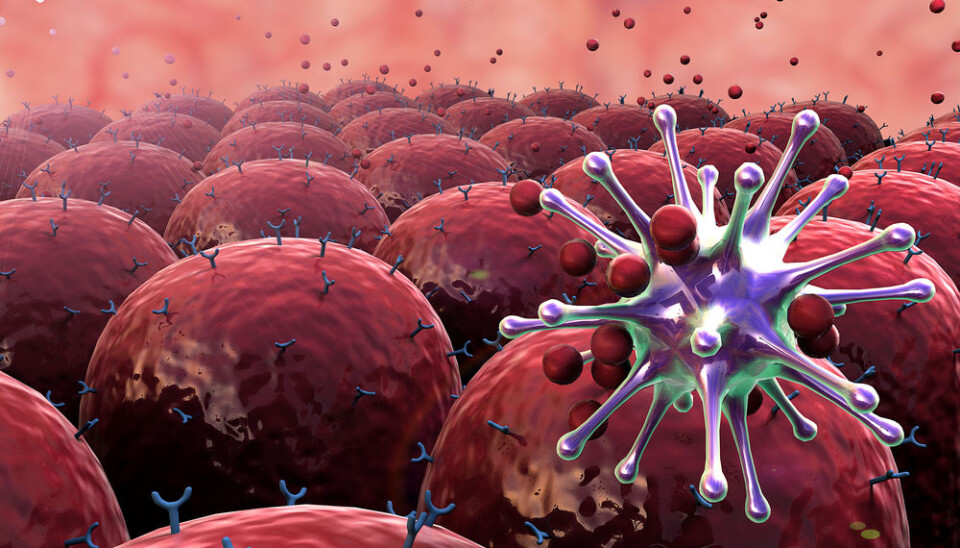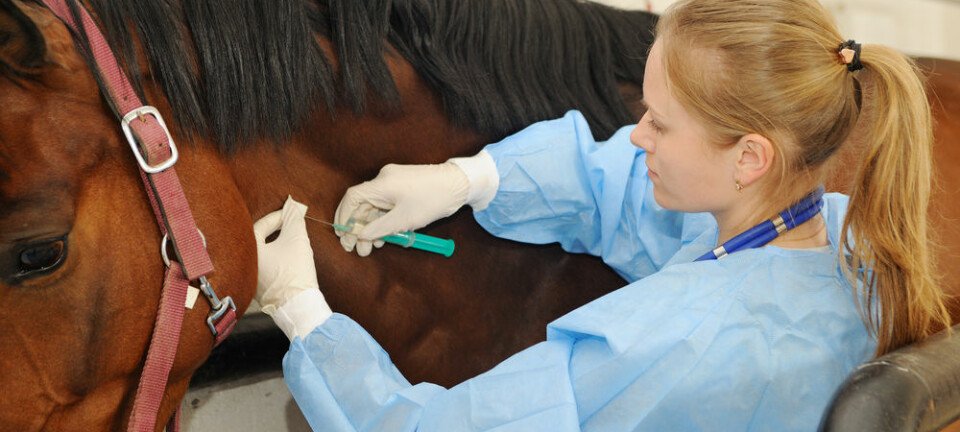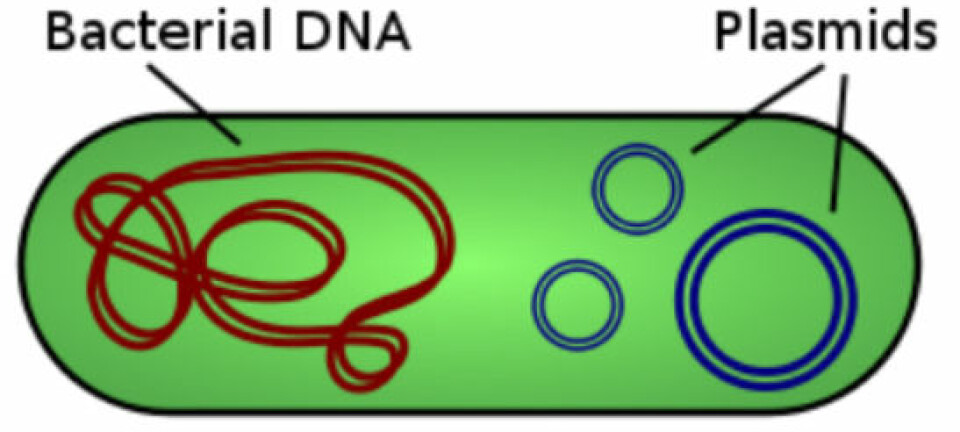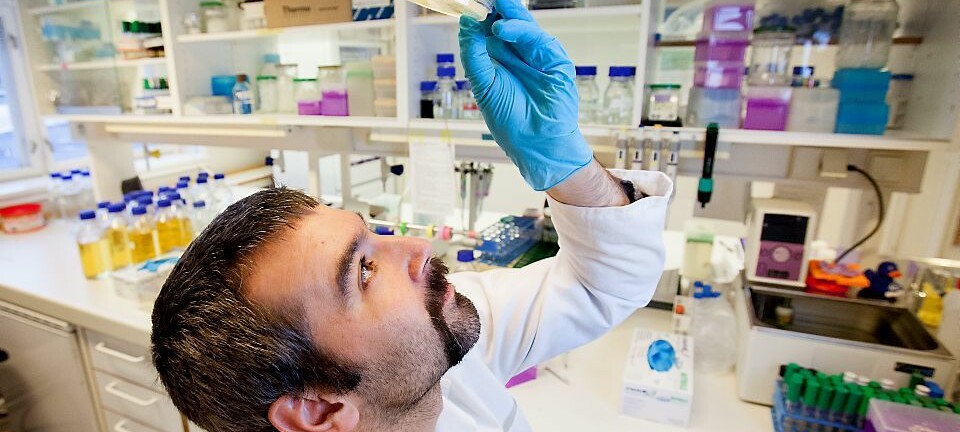
New part of the immune system discovered
Scientists have discovered a part of the immune system that could protect against all respiratory infections and sexually transmitted diseases.
Think again if you thought that doctors had long since identified and described exactly how the body defends itself against microorganisms.
Scientists have recently discovered a whole new side to the immune system: a rapid immune response that kicks in well before any of the other known mechanisms.
"I hate to use the term ‘text books will write about this', but this [discovery] really is brand new and we will need to write a new chapter," says co-author Søren R. Paludan, professor of virology and immunology form the Department of Biomedicine, Aarhus University, Denmark.
New line of defence
In collaboration with groups from the US and Germany, the scientists showed that when the body's outer defence, the mucosa lining that surrounds certain organs, is disturbed by a virus, the underlying layer of cells are the first to react and sound the alarm. They summon the body's cell soldiers, which attack the invading virus.
Both this alarm system and the 'soldier' cells operate completely separately from what were believed to be the first responders to immune system attacks.
"The research looks really nice and solid," says Professor Søren Buus at the Institute of Immunology and Microbiology at the University of Copenhagen who was not involved in the research.
"When you find brand new 'lines of defence' in the immune system, as they do here, it's of great importance for the future of preventing and perhaps treating infections," says Buus.
The new findings are published in the scientific journal Nature Immunology.
Basic research led to breakthrough
It is too early to tell if the new discovery will lead to important new medical treatments, as this was not the scientists’ initial goal.
They were simply focused on basic research--trying to understand how the immune system works.
"Even though we were actually looking at something else, I just couldn’t get [this result] out of my head, and we simply had to pursue it to see what it was," says Paludan, who describes the breakthrough as a result of luck, skill, and persistence.
"We were also lucky to work with some of the best groups in the world," he says.
------------
Read the Danish version of this article on Videnskab.dk
Translated by: Catherine Jex









